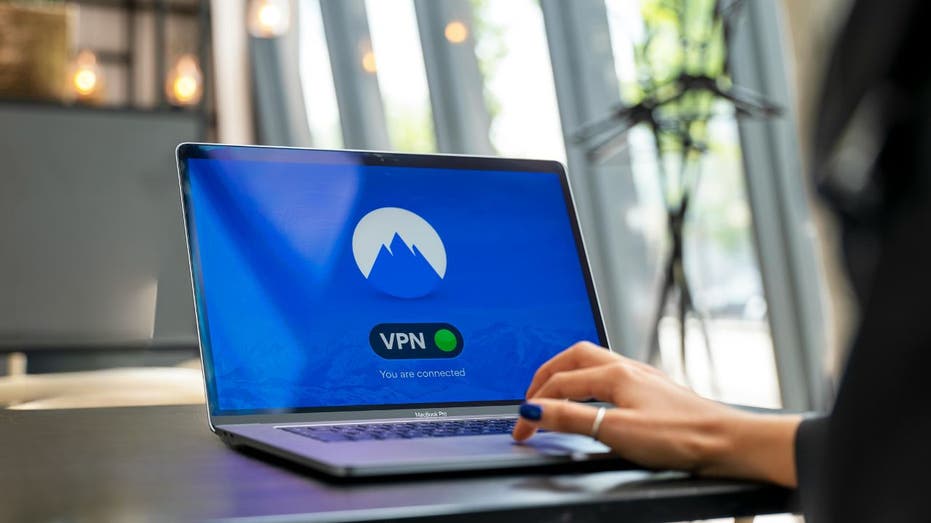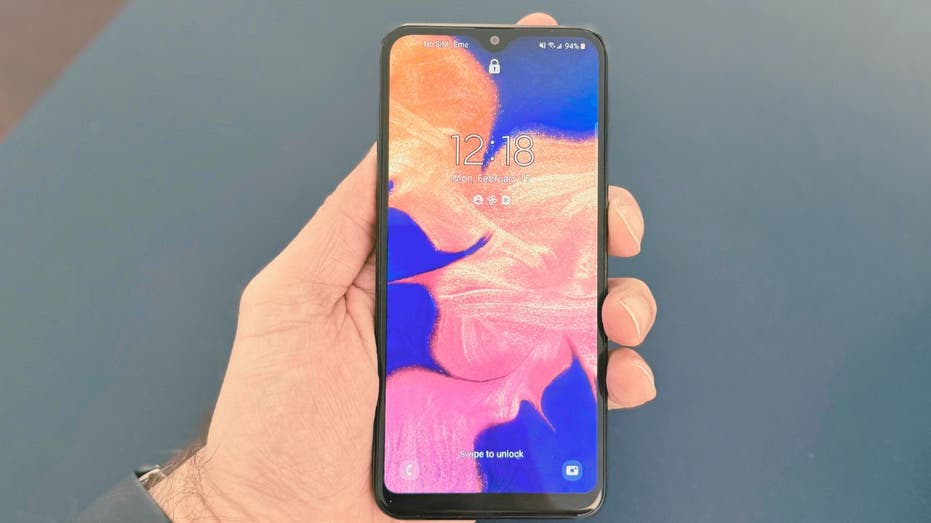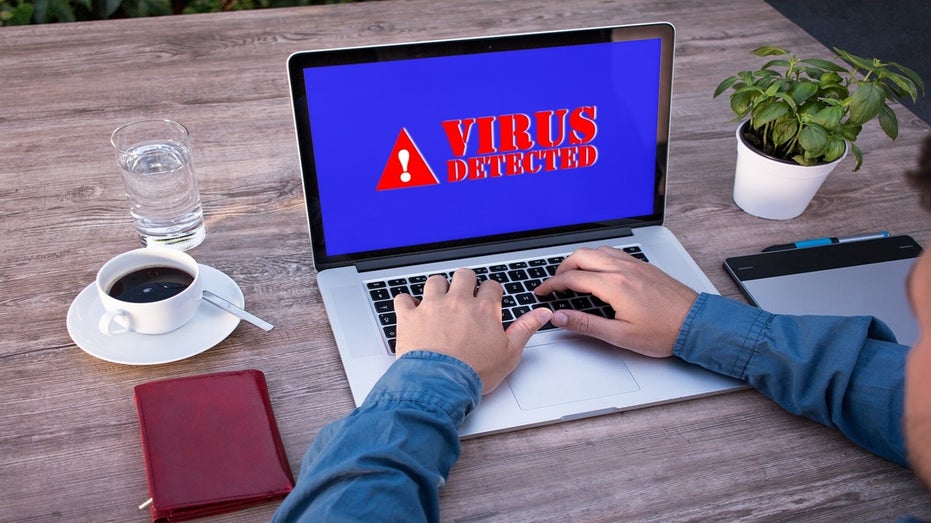- by foxnews
- 06 Apr 2025
Using VPNs without messing up your banking apps
Tech expert Kurt "CyberGuy" Knutsson says a VPN enhances online banking security by encrypting data and protecting privacy.
- by foxnews
- 18 Dec 2024
- in technology

Using a virtual private network (VPN) can significantly enhance your online security, especially when accessing sensitive information like banking apps. However, it can also lead to complications, such as being blocked from accessing your bank's services.
Melissa from Dallas wrote to us asking, "How can I use a VPN without getting locked out of my banking app? It's very frustrating, and I worry about my security when I have to turn off the VPN. Are there any specific tips to ensure I stay both secure and connected?"
Melissa, we totally understand how that can be aggravating. We'll guide you through the steps to use VPNs effectively while ensuring your banking activities remain secure and accessible.
A VPN encrypts your internet traffic and reroutes it through a server in a different location than your own. VPNs make it appear that you are connecting to the internet from whichever location the server is hosted in rather than your actual location.
When you first connect to a network using a VPN, your device will establish a secure connection with the VPN server and your device's IP address will appear as the VPN server, meaning that only your internet service provider will see that you're connecting to a VPN server. Normally, when you connect to a website, the website or any online services you visit can see your device's technical information, including location-sensitive data such as IP addresses.
A VPN creates a secure tunnel between your device and the internet, encrypting your data to protect it from prying eyes. The three key benefits of using a VPN for online banking include:
1) Enhanced security: Encrypts your connection, making it difficult for hackers to intercept sensitive information.
2) Privacy protection: Masks your IP address, helping you maintain anonymity while browsing.
3) Access to geo-restricted content: Allows you to access banking services when traveling abroad.
Select a reputable VPN service that prioritizes security and privacy. Look for features such as:
Download and install the VPN application on your device. Most VPN services offer user-friendly interfaces compatible with various operating systems, including Windows, macOS, Android and iOS.
Before accessing your banking app:
Once connected:
If you experience difficulties logging in:
Now, some websites, especially banking sites, might get a little suspicious when they see you're using a VPN. They might even block you out. So, what do you do if your bank's website won't let you in with your VPN on? Don't panic. Here are a few quick fixes:
Securing your financial information with reliable VPN services and following these practical safety tips are important.
2) Always use VPN on public Wi-Fi: Never access financial accounts on public networks without activating your VPN first.
5) Regularly monitor your accounts: Check your retirement accounts frequently for any suspicious activity.
Pro tip: Use split tunneling: This feature allows you to route only specific traffic through the VPN while keeping other traffic on a regular connection. It can be beneficial for banking apps while allowing general browsing without interference.
Using a VPN can significantly enhance your online banking security by encrypting sensitive data and providing privacy protection. However, it's essential to choose a reliable service and connect appropriately to avoid access issues with banking apps. By following the outlined steps and tips, you can enjoy the benefits of a VPN without compromising your ability to manage your finances securely. Always stay vigilant about potential security threats and maintain good online habits for optimal safety while banking online.
Follow Kurt on his social channels:
Answers to the most asked CyberGuy questions:
New from Kurt:
Copyright 2024 CyberGuy.com. All rights reserved.
- by foxnews
- descember 09, 2016
Viral photo of McDonald's PlayPlace prompts superfan to reveal fast-food chain's stray from nostalgia
McDonald's superfan shares the standout PlayPlaces he has seen after a viral photo showed a "heartbreaking" McDonald's PlayPlace in Franklin, Tennessee.
read more





